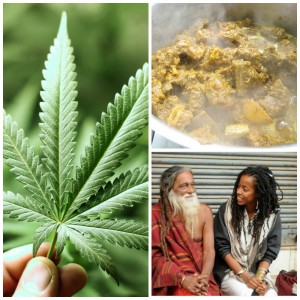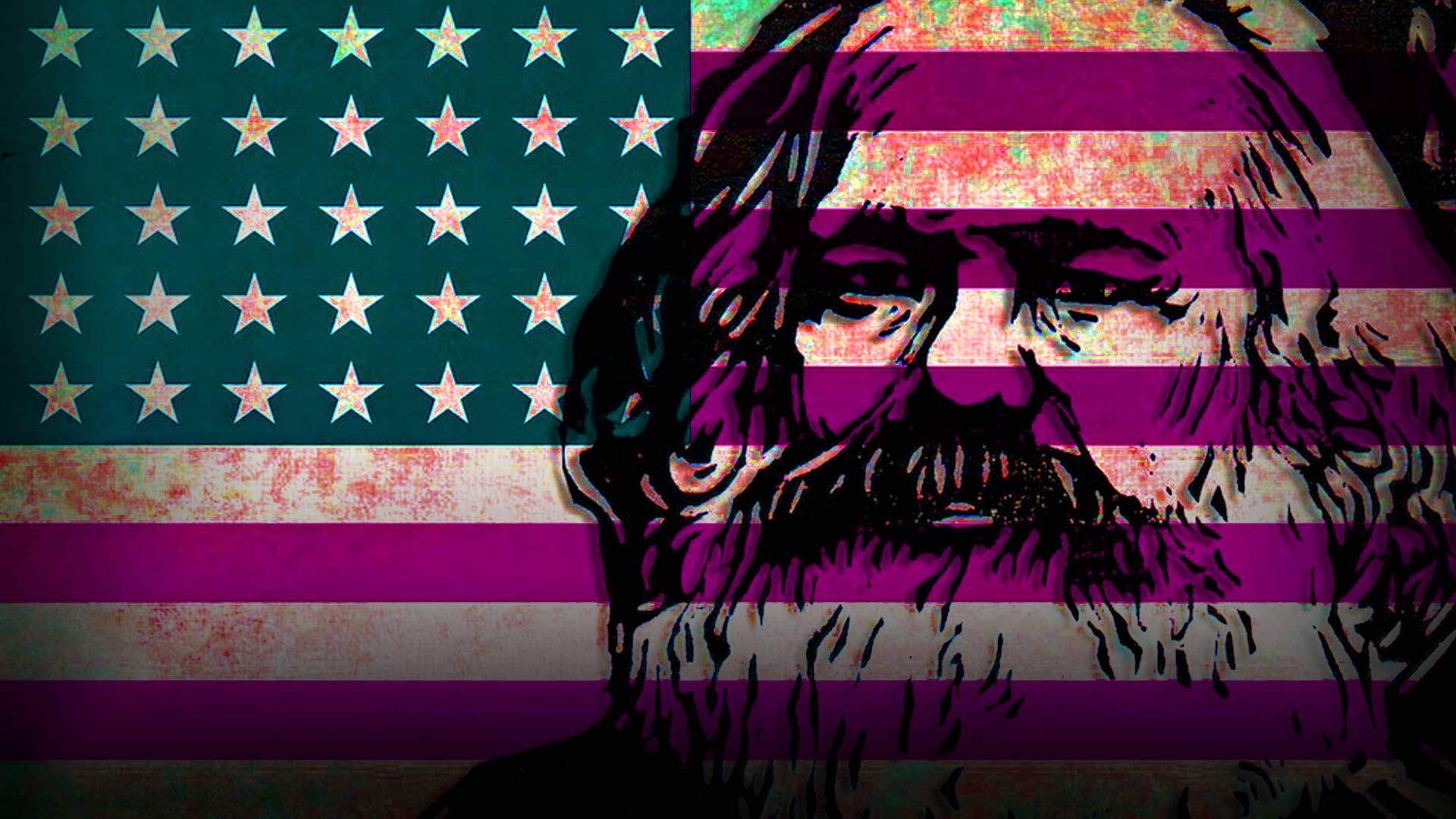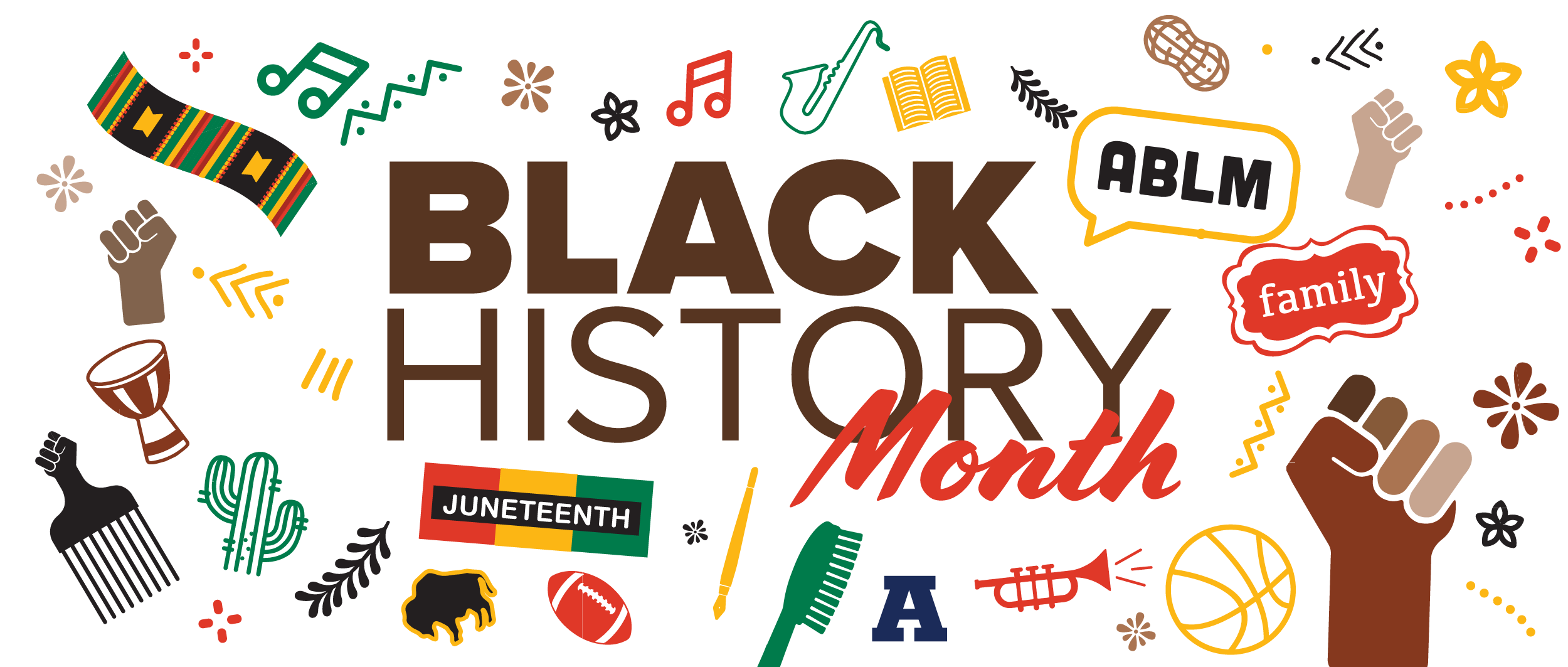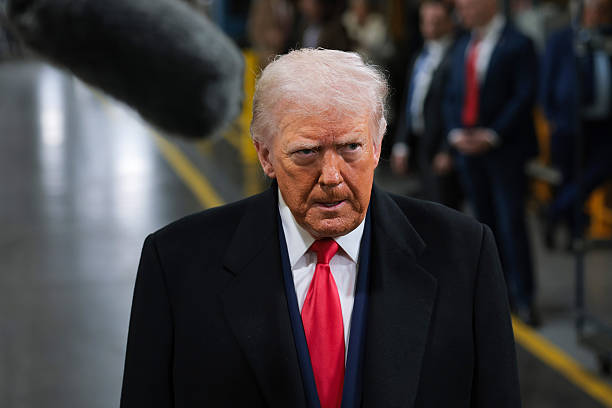(ThyBlackMan.com) Millions of people around the world are familiar with the hypnotic rhythms of reggae that originated from Jamaica, a small colonial island in the Caribbean Sea. Reggae is what propelled the ideology of Rastafari to the world through the melodious, socially conscious tunes of Bob Marley, Burning Spear, Dennis Brown, Jacob Miller, and Peter Tosh. Jamaican culture is most commonly described as rooted in Africa because the majority of the population is of African descent. However, a deeper analysis will find that the Hindu culture has had an immense, largely unacknowledged influence on Jamaican culture and the early stages of Rastafari.
The use of curry in Jamaican culinary culture is a direct influence of the Indian culture. Anyone familiar with Jamaican cuisine has been enraptured by the famous curried chicken and goat dishes. Locals and tourists can also be treated to curried lobster, curried shrimp, curried red snapper, even curried vegetable dishes, for the islands more health-conscious citizens and visitors. Historically the appearance of curry coincides with the arrival of Indians. There is no historical documentation of the availability of curry on any of the Greater Antilles islands (Dominica Republic, Haiti, Cuba, Puerto Rico, and Cayman) or that the indigenous Tainos, Arawacks, or Caribs used it.
The first documented arrival of Indian indentured immigrants to  Jamaica was on May 10, 1845, to work on sugar plantations in Clarendon, the island’s third-largest parish. Their purpose was to replace emancipated African slaves who refused to work for their former masters. Indians initially had a friendly relationship with Jamaicans of African descent. This was the main reason for African Jamaicans accepting many of the Indian practices. Ironically, the leading founding father of Rastafari grew up in Clarendon amongst Indians and their Hindu culture. Leonard Percival Howard was exposed to the daily ceremonies the Indians performed to honor their Gods, drinking ‘bhang’ ganja elixir, chanting ‘Jai Kali Mai’.
Jamaica was on May 10, 1845, to work on sugar plantations in Clarendon, the island’s third-largest parish. Their purpose was to replace emancipated African slaves who refused to work for their former masters. Indians initially had a friendly relationship with Jamaicans of African descent. This was the main reason for African Jamaicans accepting many of the Indian practices. Ironically, the leading founding father of Rastafari grew up in Clarendon amongst Indians and their Hindu culture. Leonard Percival Howard was exposed to the daily ceremonies the Indians performed to honor their Gods, drinking ‘bhang’ ganja elixir, chanting ‘Jai Kali Mai’.
Indian indentured servants also brought to Jamaica the Hindu practices of ganja consumption for spiritual and medicinal purposes, mystical religious practices, and a vegetarian diet. Their greatest contribution was not culinary but in the realm of spirituality. Indians had astronomical influence on the early tenets of Rastafari.
The leading father of this movement that preached pride in one’s African ancestry, living close to nature, and self-sufficiency, Leonard Howell, borrowed many of the early tenets of the Rastafari movement from Indians.
The ital diet, a more disciplined form of vegetarianism, derives directly from the influence of indentured servants who were vegetarians continuing an ancient practice from India.
The use of ganja/marijuana for spiritual and medicinal purposes has influenced not just members of Rastafari but Jamaicans in the countryside who resided alongside Indians. Though it is true Africans utilized marijuana for the same purpose, Indians are responsible for its arrival in Jamaica. Ironically, the British were the main suppliers of marijuana to Indians in Jamaica before it was criminalized in 1938. Jamaicans of African descent observed Indians’ ceremonial use of the ‘herb’ and adopted the practices. Practitioners of Kumina, a West African tradition, also utilized marijuana to communicate with their ancestors.
Joseph Hibbert, another founding father of Rastafari, acknowledged the Hindu influence on Leonard Howell in an interview with Leonard Howell’s biographer Helene Lee. “After learning about the Hindu God incarnates Rama, Krishna and Buddha, Howell was convinced that every nation had their own God.” Leonard found his African god in the crowning of Emperor Selassie of Ethiopia.
Robert Nesta Marley, the face of reggae and Rastafari, held the nickname ‘Tuff Gong,’ which derived from Leonard Howell who was called ‘Gong.’ In Professor Robert A Hill’s book, “Dread History” he claims, ‘Gangunguru ” in Hindi means “ Great King” or “Kings of Kings.” The term “Gong’ is actually an abbreviation of the Hindi word. He was known to use a signature of G.G Maragh, an Indian name, as he did in his first published book circulated amongst the early members of Rastafari.
Jamaica still has a significant Indian population though it is more segregated now then upon their arrival. The majority of Indians in Jamaica are merchants, looking down upon the Jamaicans of African descent. Despite their current bigotry, they must be recognized for the contributions they have made to the Jamaican culture and the inception of Rastafari.
Staff Writer; Linton Hinds Jr.
Official website; http://Livity.info/
Also can connect with this brother via Facebook; Livity, Livity.

















I remain mystified at what is espoused these days as teachings of Sir Leonard Percival Howell. To begin with there is only one founder hence he is the father of Ethiopian Salvation The archives of many libraries are kladen with many untruths and truths so we as children of the Original Gong must be astute and remove the viel of untruths from InI story. The Indians lived in Clarendon yes but Gong was raised in a Christian household miles away from the center of Clarendon surrounded by horse and buggy or the train so no living together with Indians Furthermore, Gong Howell left at an early age for the USA and worked at sea as a cook during a very ttumultuous exodus of war and Europeans fleeing Europe for the so called USA and liberty. What is the greatest influence of Gong Howell shaping the RasTafari Movement is not Indians nor ganga but the human cargo in their most miserable needy condition as refugees. The ganga planted at Pinnacle was obtained by Mr. Howell in Ghana namely goat shit and silky smooth. That my brother is the TRUTH. Finally Sister Helen wrote what she saw and is the closest to any Truthful record because she interviewed the Howellites the true Icients of RasTafari.
Very informative and well written article! We all learn from each other and inspire one another, so let’s embrace each other and burn down racism.